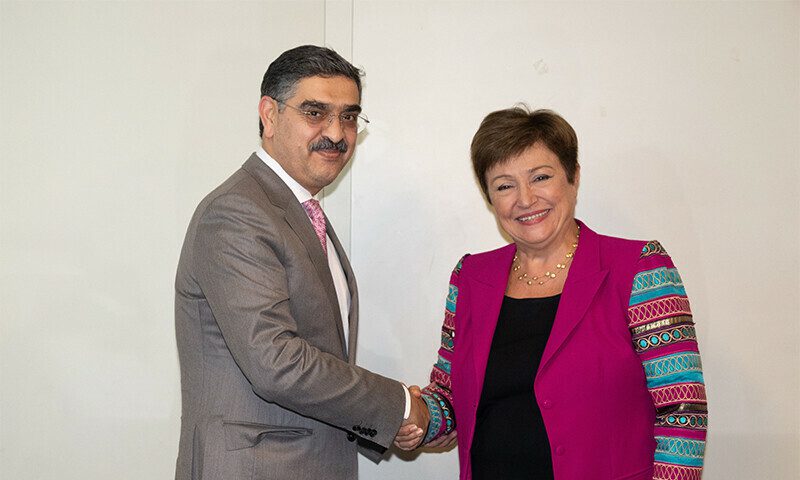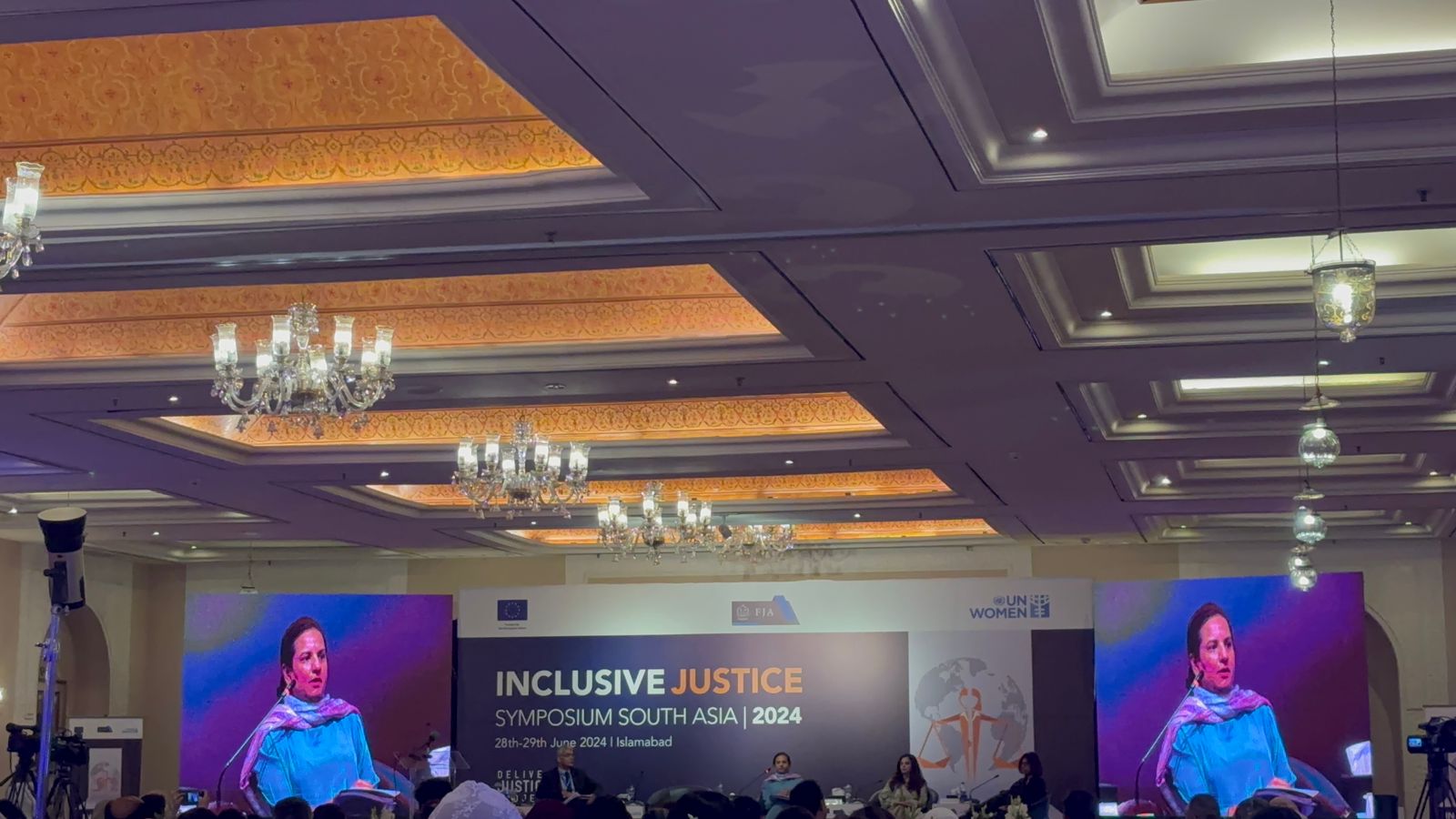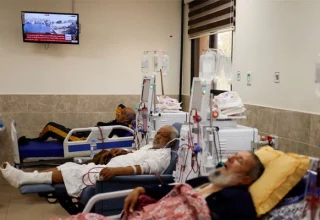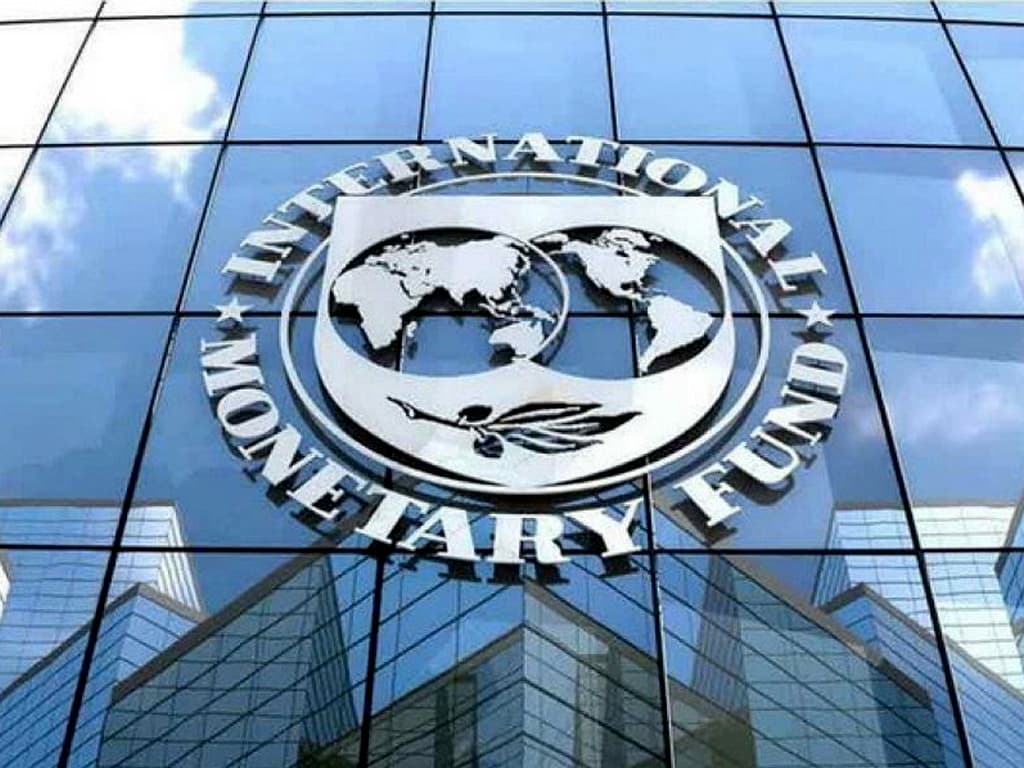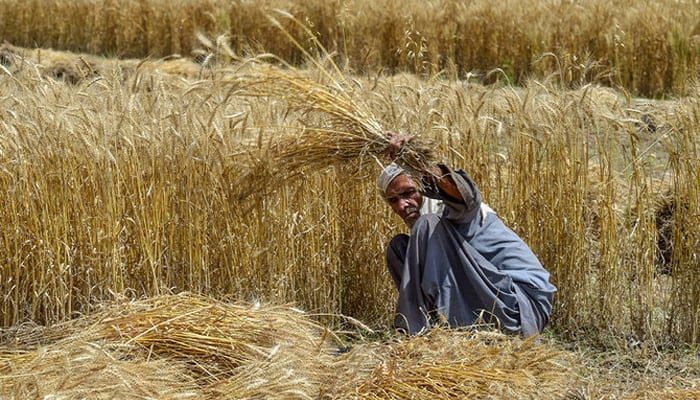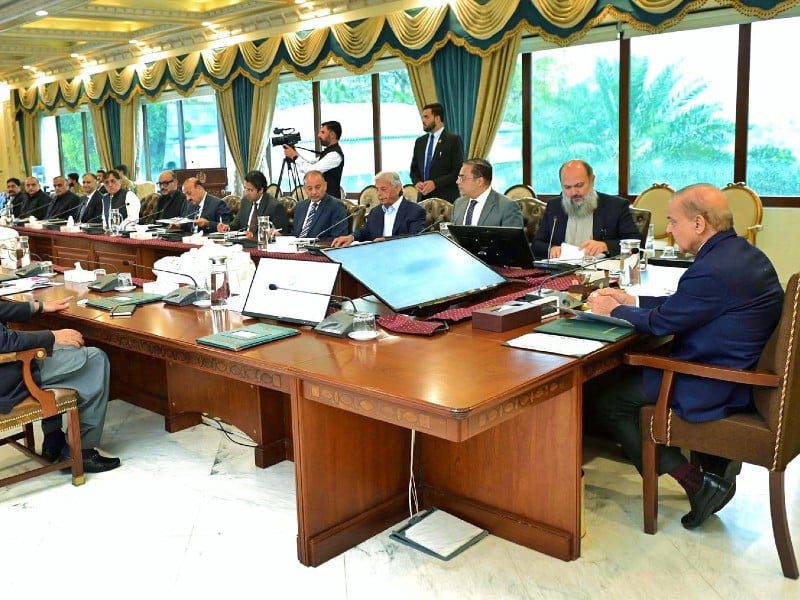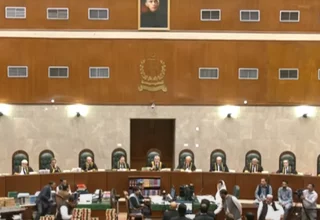International Monetary Fund (IMF) Managing Director Kristalina Georgieva has urged Pakistan to “collect more taxes from the wealthy and protect the poor people” amidst soaring inflation following the nation’s securing of a last-minute bailout in July.
Pakistan’s year-on-year inflation for the month of August leapt to 27.4pc, contracting household budgets. That same month, exorbitant electricity bills led to a protests across the country. The rattled government had initially promised some relief for the public, but later ruled it out citing Pakistan’s commitments with the IMF.
Speaking to Geo News after meeting caretaker Prime Minister Anwaarul Haq Kakar on the sidelines of the United Nations General Assembly on Wednesday, Georgieva said that she believed this was in line with what the people of Pakistan would like to see for the country.
“What we are asking in our programme is that please collect more taxes from the wealthy and please protect the poor people of Pakistan,” she said. “I do believe this is in line with what people in Pakistan would like to see for the country.”
Later in a post on X (formerly Twitter), the IMF chief said she had a good meeting with the Pakistani premier on the country’s economic prospects.
“We agreed on the vital need for strong policies to ensure stability, foster sustainable and inclusive growth, prioritise revenue collection, and protection for the most vulnerable in Pakistan,” Georgieva added.
Meanwhile, interim PM Kakar also posted on X about the meeting. He said he held a constructive dialogue with the Fund’s director that “emphasised extending our mutual commitment towards bolstering economic stability and growth in Pakistan”.
On July 12, the Fund’s executive board had approved a $3 billion bailout programme for Pakistan which will immediately disburse about $1.2 billion to help the country.
On June 29, the IMF and Pakistan had reached a Standby Arrangement to ease the country’s financial crisis.
The IMF in a press release had said that the executive board approval allowed for an immediate disbursement of $1.2bn, with the rest to be phased over the programme’s duration — subject to two quarterly reviews.
IMF’s approval had come after Saudi Arabia and the United Arab Emirates (UAE) deposited $2 billion and $1 billion, respectively, with the State Bank of Pakistan, boosting the foreign exchange reserves.
The $3bn funding, spread over nine months, is higher than expected for Pakistan. Earlier, the country was awaiting the release of the remaining $2.5bn from a $6.5bn bailout package agreed in 2019, which had expired in June.


